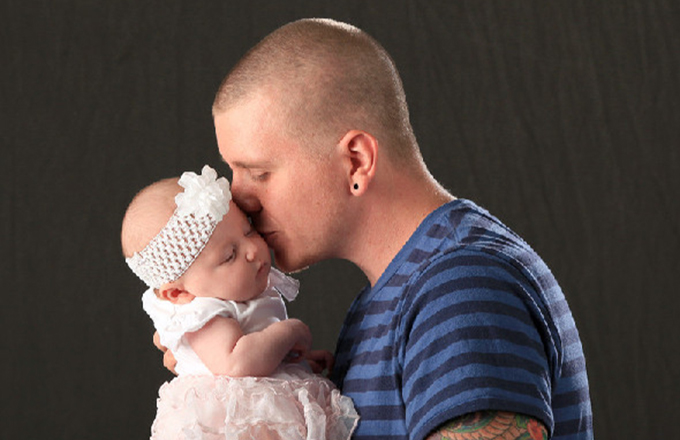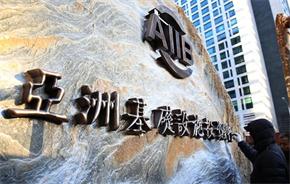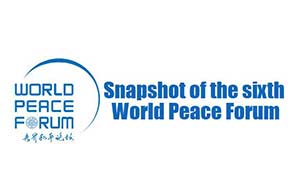When will Abe heed people's voices on constitutional revision?
By Cai Hong (China Daily) Updated: 2017-07-03 08:20A Japanese friend, Michio Hamaji, sent me an email on June 25, saying he was annoyed to hear that the United Nations Educational, Scientific and Cultural Organization has ruled out the inclusion of some documents related to Japan's Constitution in its memory register. The 70-something businessman-turned-campaigner for the pacifist Constitution blamed the administration of Japanese Prime Minister Shinzo Abe for the UN body's decision.
The Asahi Shimbun reported that UNESCO has decided not to consider politically sensitive nominations for its Memory of the World Register, which is designed to preserve important historical materials.
In 2015, UNESCO included China's dossier on the Nanjing Massacre in the register. The package had documents from Dec 13, 1937, to early 1938, including court records from the trials of war criminals, as well as photographs taken by the Japanese army and a film shot by an American missionary. Japan was so irritated with UNESCO's decision that it temporarily postponed its contribution of 3.9 billion yen ($35 million) to the world organization, arguing that the UNESCO program should not be used for political purposes.
The Japanese documents submitted by a group of people from Japan, the United States and some other countries to UNESCO in 2016 include transcripts of an interview of former Japanese prime minister Kijuro Shidehara by his aide and lawmaker Saburo Hirano and the testimony of General Douglas MacArthur to a US Senate committee. MacArthur led the Allied occupation of Japan following its defeat in World War II.
According to the documents, Shidehara called on MacArthur to add a paragraph saying Japan would not retain armed forces or other war potential in its postwar Constitution.
In his Pulitzer Prize-winning book, Embracing Defeat: Japan in the Wake of World War II, US historian John W. Dower quoted Shidehara as saying that Japan might even see itself as leading the rest of the world in renouncing war as a sovereign right.
Responding to a Japanese writer who was one of the initiators for the inclusion of the documents in the register, UNESCO said the Memory of the World Register cannot be open to any accusations of political partisanship. So using nominations to take a stand in current political discussions is not supported.
There is a political battle that Japanese proponents and opponents of the amendment to the Constitution are running against the clock to win. The opponents have been racking their brains to keep the supreme body of law intact. In 2014, the Norwegian Nobel Committee nominated the campaigners defending the war-renouncing Article 9 of the Japanese Constitution for the Nobel Peace Prize. Though they didn't win the prize, their nomination highlighted the role of Article 9 as a tool for peace.
On the other hand, Japan's conservatives who see the Constitution as a humiliation imposed by the US on their country, seem hell-bent on amending it.
The Abe administration reinterpreted Article 9 in 2014 to give Japan the right to exercise collective self-defense. In 2015 it railroaded security-related bills through parliament that allows Japan's Self-Defense Forces to come to the aid of an ally under attack.
Abe is now gearing up to amend the Constitution, saying he expects the Liberal Democratic Party to submit an amendment proposal to the parliament before the end of the year. Abe has proposed that a new paragraph be added to Article 9 to make the SDF a constitutionally recognized military and set 2020 as the target year for the amended Constitution to come into force.
A few days ago when I was jogging close to the parliament building, I ran into an old Japanese man, who comes to Tokyo from Yokohama every Friday to join the late afternoon protests against Abe's security and nuclear power policies. He said he supports Article 9 for the sake of his grandchildren.
The Japanese people have made known their view on constitutional amendment. Now it is up to Abe to honor it.
The author is China Daily Tokyo bureau chief.
caihong@chinadaily.com.cn












